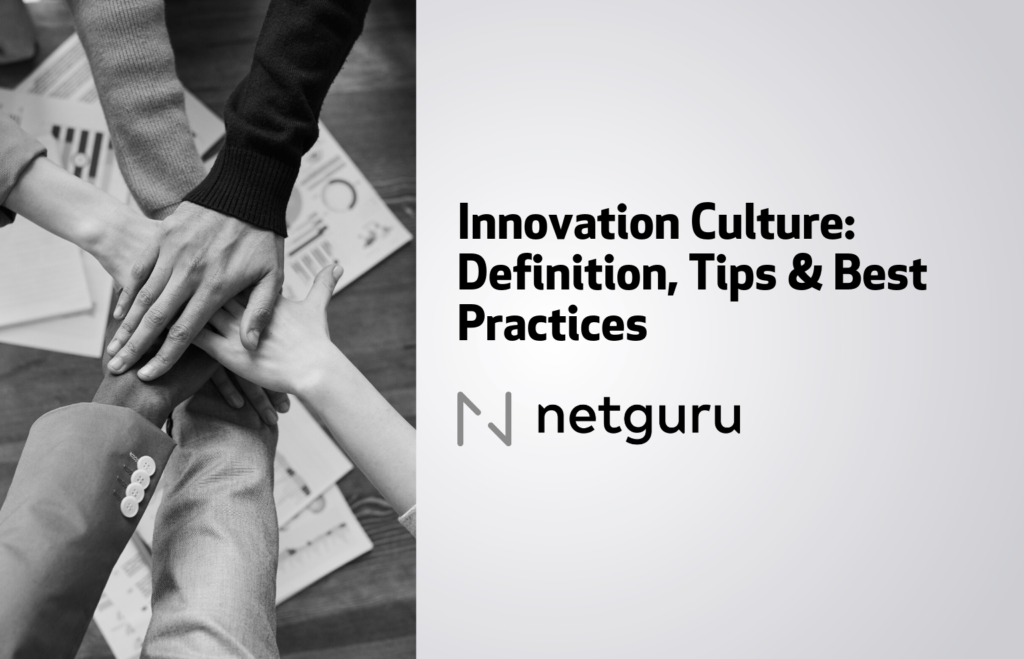Conferences, trade fairs, events – some enthusiastically participate in them, while others prefer to steer clear of them. Meanwhile, business events are a mine of contacts from which you can create a network that is useful to every entrepreneur. How do you take advantage of such occasions, to bring benefits to your business? How do you prepare for participation in a networking situation? What should one avoid and what is worth putting into practice? See what Andrzej Twarowski, a sales training expert with Sandler Training advises.
Networking is a trendy business word. What is it exactly? Should every aspiring entrepreneur use this tool?
Andrzej Twarowski: At the outset, it is worth noting that each of us is building our network, whether we are aware of it or not. Networking to me is an element of social capital, meeting new people, creating a network of mutual connections between them. Such acquaintances are useful in situations when we need help or vice versa – when we can render assistance to others. The second option, in particular, gives you great satisfaction. On the one hand, networking is not just about creating and extending the base of contacts or influences, but above all about nurturing them. Professional networking is obvious to people in positions, in which it is essential to meet new people – be it sellers, consultants, business developers or business executives. In my opinion, it should also be cultivated by people who do not have to meet new people on a daily basis, such as financial adviser, purchasing managers, and IT employees. It turns out that there comes a time in your career that you may be seriously in need of assistance (e.g. to set up your own company, verify a potential supplier or search for a job), and the building of such a network is a multi-annual process.
For start-ups, the greatest value from networking is the exchange of experiences. During business events, they can meet entrepreneurs at various stages of business development and acquire knowledge, e.g. on how to hold talks with capital funds or develop a product and build marketing communication. Thanks to this, you can learn a lot and avoid certain problems, as well as not force the same door open. For young entrepreneurs a well-developed network can provide certainty in business, showing them that they can count on someone and have friendly people around them.
How can networking help in business development? What demonstrates its effectiveness?
AT: People often associate networking with overly aggressive sales in the form of distributing business cards to the left and right. Unfortunately, many people do so, and some even add to that flyers and advertising brochures. In my opinion, it is a networking anti-ad, which often has nothing in common with sales. Evidently, it doesn’t mean that you cannot acquire potential customers this way; however, it is a long way until someone becomes a customer. How does one make the process effective? Above all, you should meet new people, without this successful networking is not possible. The easiest way for entrepreneurs to establish contacts is at business events, but not everyone participates in them, claiming it is a waste of time. It may be because not many people can effectively network. Meanwhile, the most important thing is to regularly participate in conferences and events, the choice of which should be informed – depending on what we are looking for and why we want to take advantage of such situations. The reasons may vary: some are looking for customers, others employees, business partners, and yet others inspiration to act. It is worthwhile to appear in various places, meet various people from different circles, and most importantly assess your networking activities, e.g. in the form of verifying interesting persons you met within a specified time. The lack of a well-developed networking chain may be a barrier for entrepreneurs in overcoming certain difficulties they may encounter when running a business.
Furthermore, is every occasion suitable for action? Are there situations in which one should refrain from networking?
AT: I would say otherwise, above all we should avoid intrusiveness and choose events in which our participation will be useful – e.g. in terms of acquiring valuable contacts or knowledge. It is worth taking into consideration. When we find ourselves in a networking situation, the first and overriding principle is conversation. People often think that when they approach someone and initiate a conversation, it will be perceived as intrusive. Whereas, it is worth approaching a group of people when their attitude encourages conversation, or someone standing alone. After this first step, many people often make the mistake of starting to talk about themselves. Whereas, asking simple questions will make our interlocutor feel more comfortable and more willing to engage in a dialogue. Almost everyone prefers to talk about themselves; you should bear that in mind. If someone doesn’t feel comfortable in a networking situation, it is worth taking a moment to speak to them to relieve stress and discomfort or invite them to coffee or introduce them to previously acquainted persons. We also know that not everyone will be interested in a conversation – in such a situation, it is best to give up and look for someone else. Everything should be done with great care and sensitivity.
Are there any tasks we should be performed before participating in a chosen event? How should one prepare for networking?
AT: Contrary to what is believed, preparation for the event is not difficult and does not take much time. Firstly, you need to read the description of the event, agenda and speakers to plan your participation in the speeches of interest to you. At this point, it is also worth searching the Internet for information on persons that will participate in the event, as well as consider potential conversation scenario. Do not forget about business cards, which should be exchanged at the end of the conservation. They are the basis for maintaining further contact, which is very important. It is worth conducting a follow-up after every meeting, e.g. to express thanks for the conversation and to leave your contacts details with one another. A common practice is also to send invitations to join our group of friends on social media, which greatly facilitate networking. You can also include the interlocutor to the newsletter list, recommend an interesting material, article, inspiration, or invite them to other events or to coffee. Lack of follow-up performed relatively quickly will make even the best efforts come to nothing.
Once you are in the networking situations, besides the courage to take the first step and initiate conversation, what should you do, how should you behave? What practical guidance can one put into practice?
AT: Preparation for the event, lack of fear in approaching strangers and initiating conversation with them are fundamental principles. I would add to the list the habit of arriving early to the event – through which we get used to the situation, and it will be easier for us to undertake networking activities. The rule “ask first, then speak” is also useful – most people like to talk about themselves, so such questions or openings will show real interest and make the interlocutor feel good, which will encourage further dialogue. Before the event, you should prepare a brief and concise presentation of yourself or your company – what it does, what problems it solves, and what distinguishes it from others. Important remark here – It is easier to attract people’s attention with solutions to problems rather than parameters or features of a service/product, so focus on that. When in a networking situation, it is also good to change the interlocutors and go to different groups, so that our experiences are as diverse as possible. There is a good term in English for this: “mingling”.
Networking is a long-term activity, and you should not focus on immediate results. Therefore, it is worth planning your regular presence, especially at cyclical events. You can meet previously acquainted persons, through which the mutual conversation and acquaintance becomes something obvious and natural. It worth focusing on giving rather than taking, a change of thinking in this area brings much better results. Networking works, you just need to know how to conduct it, do not be afraid to meet new people and talk to them.






